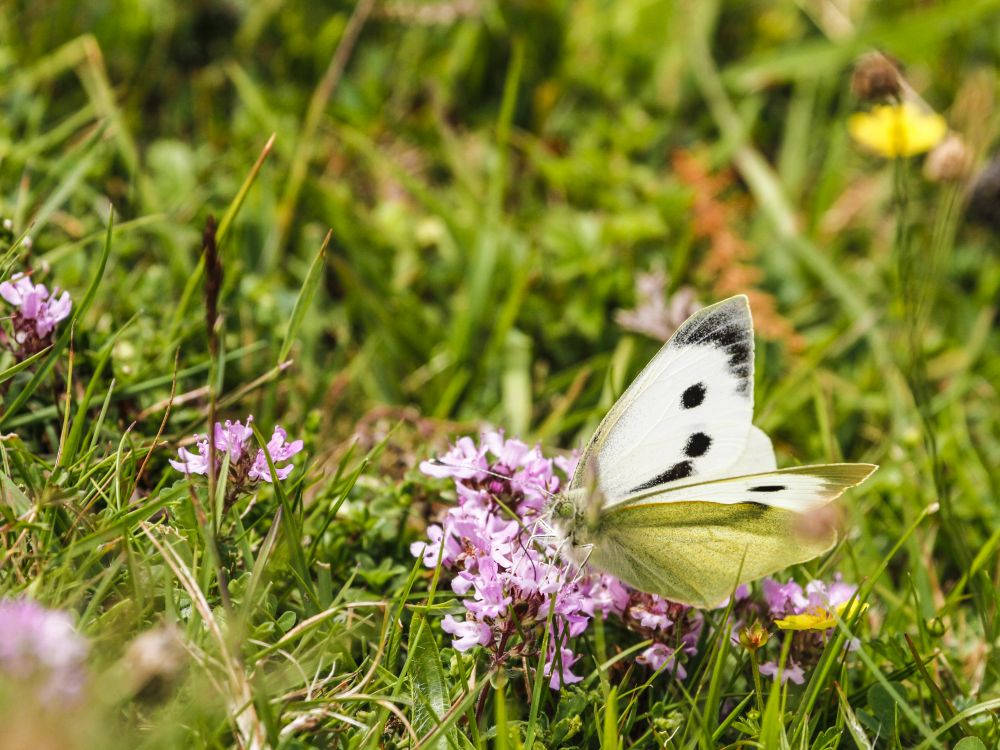
The role of councils in helping pollinators


What you can do


Case studies: pollinator-friendly councils


What else are councils doing?


Bee-friendly Wales
Across Wales schools, councils and businesses are becoming more and more bee and pollinator friendly.
Welsh schools are getting bee friendly thanks to an initiative by Friends of the Earth Cymru in association with the Welsh Government. Follow one primary school’s journey to Bee Friendly status.
